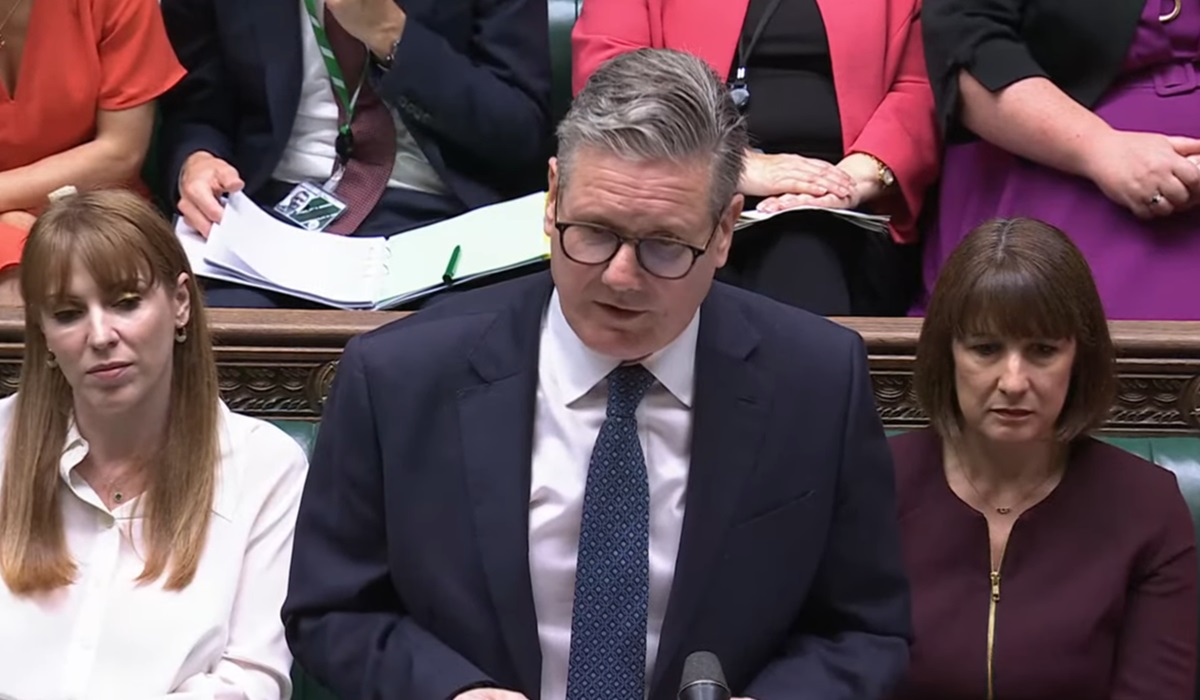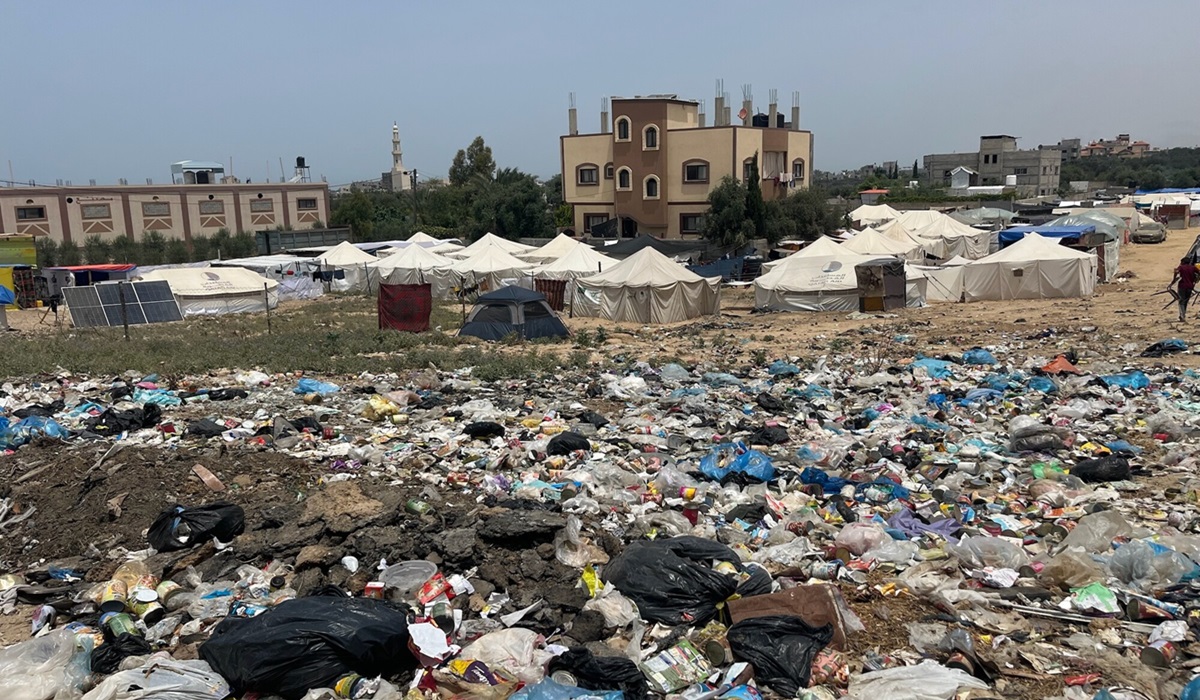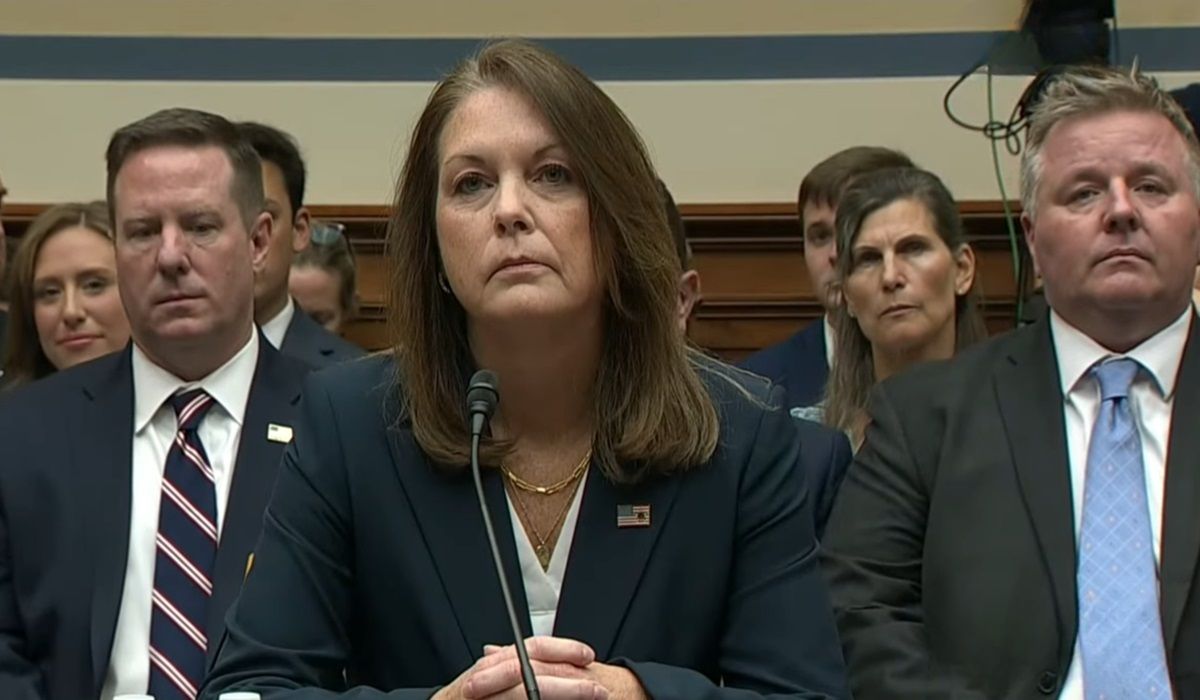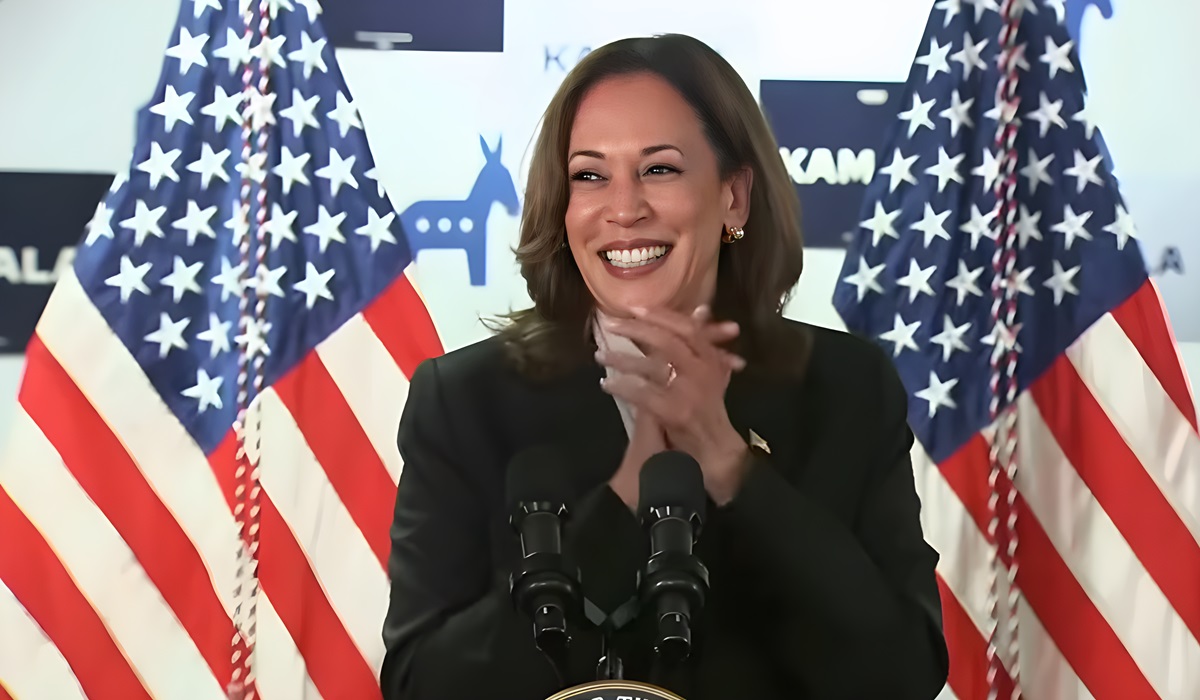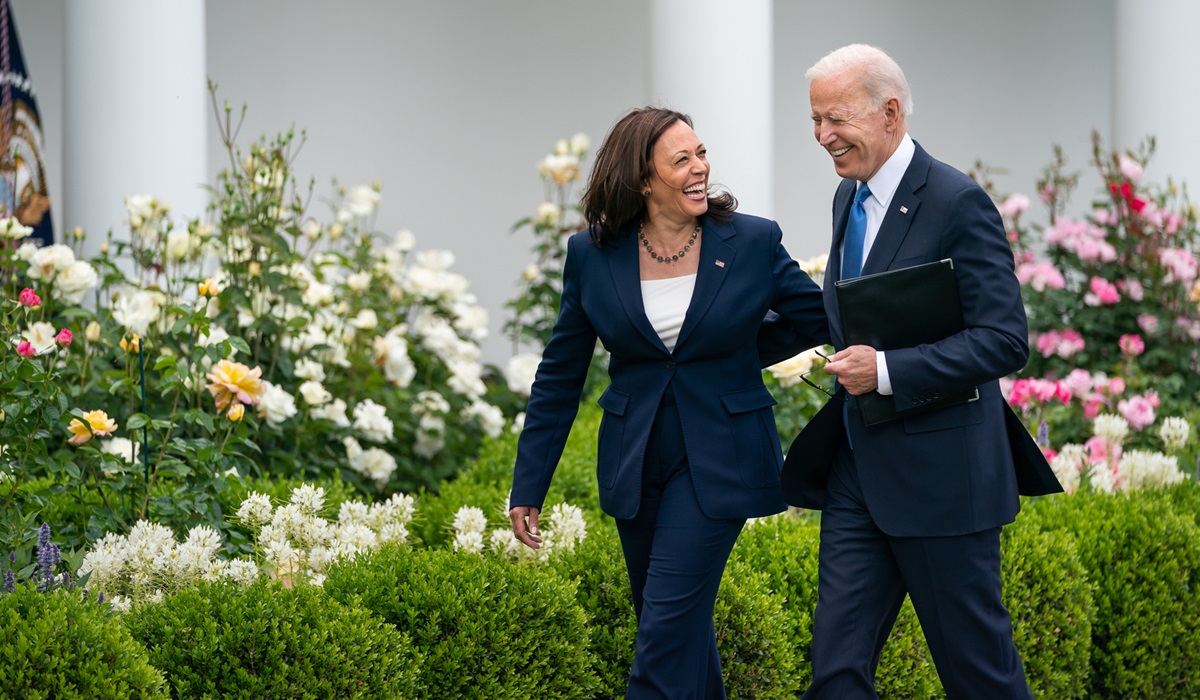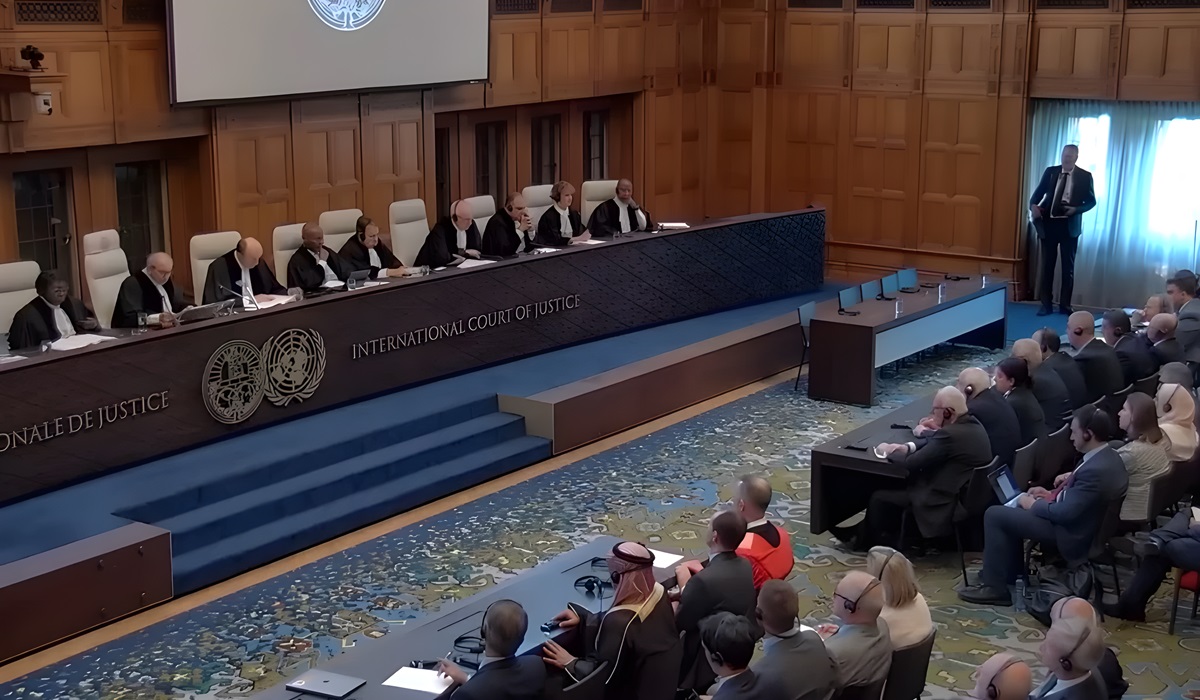In the Name of National Security: The New Trope and Dog Whistle of Those in Power
- TDS News
- Breaking News
- September 11, 2023
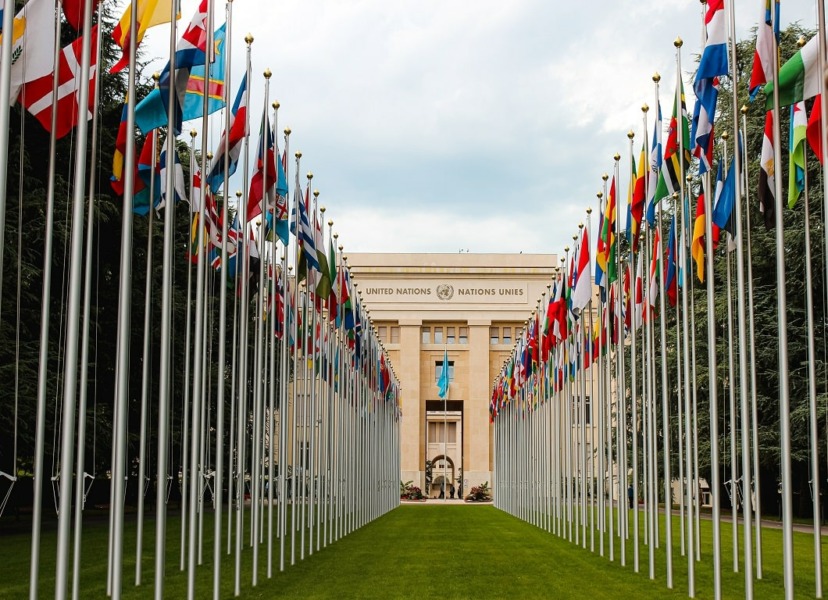
Decades ago, the world was on heightened nuclear watch, with wars breaking out in various corners of the globe. National security was a phrase that carried immense weight, signifying real and imminent danger with significant implications. It is often called an arms race centred around weapons and military might. Fast forward to today, and “national security” seems to have lost prestige. Politicians have mastered the art of weaponizing these words to suit their agendas, making it easier to sell narratives to the people.
For instance, climate change is now portrayed as a national security threat. Communications, forestry management, infrastructure development, and even international aid have all been wrapped under the expansive umbrella of national security. It appears that everything on this planet can be framed as a national security issue. Yet, these matters don’t receive the same priority regarding financial allocation. The lion’s share of national security funding continues to be funnelled into the military-industrial complex.
In this climate, one cannot help but wonder if we are collectively naive enough to recognize that “national security” has become just another trope, another dog whistle employed by those in power. It serves as a tool to divert attention, manipulate public perception, and foster compliance and subservience to the words of our elected officials.
The question that arises is whether this situation is fixable. We need to adopt a deep ideological perspective to delve into this matter. As a society, are we trapped in the fable of the boy who cried wolf? In the story, a young boy repeatedly raises a false alarm about a wolf attacking his flock of sheep. When a real wolf finally appears, no one believes him and the consequences are disastrous.
In our modern context, “national security” has become the wolf frequently invoked by politicians and leaders. This overuse and misuse of the term dilutes its meaning and urgency. When a genuine national security threat emerges, will the public take it seriously, or will they dismiss it as another ploy?
The fix for this situation lies in reevaluating our priorities and a demand for transparency and accountability. We must scrutinize resource allocation and question the motives behind invoking national security. Are these actions genuinely aimed at safeguarding the nation, or are they part of a broader agenda?
Moreover, citizens need to stay informed and engaged. By educating ourselves about the issues at hand and critically assessing the claims made in the name of national security, we can prevent the misuse of this powerful phrase. We must not allow it to become a mere trope or a dog whistle that distracts us from pressing matters. However, we can navigate this territory through vigilance, critical thinking, and a demand for accountability and ensure that political agendas do not overshadow genuine national security threats. Our citizens are responsible for holding those in power accountable and protecting the integrity of the term “national security” for our collective wellbeing.

